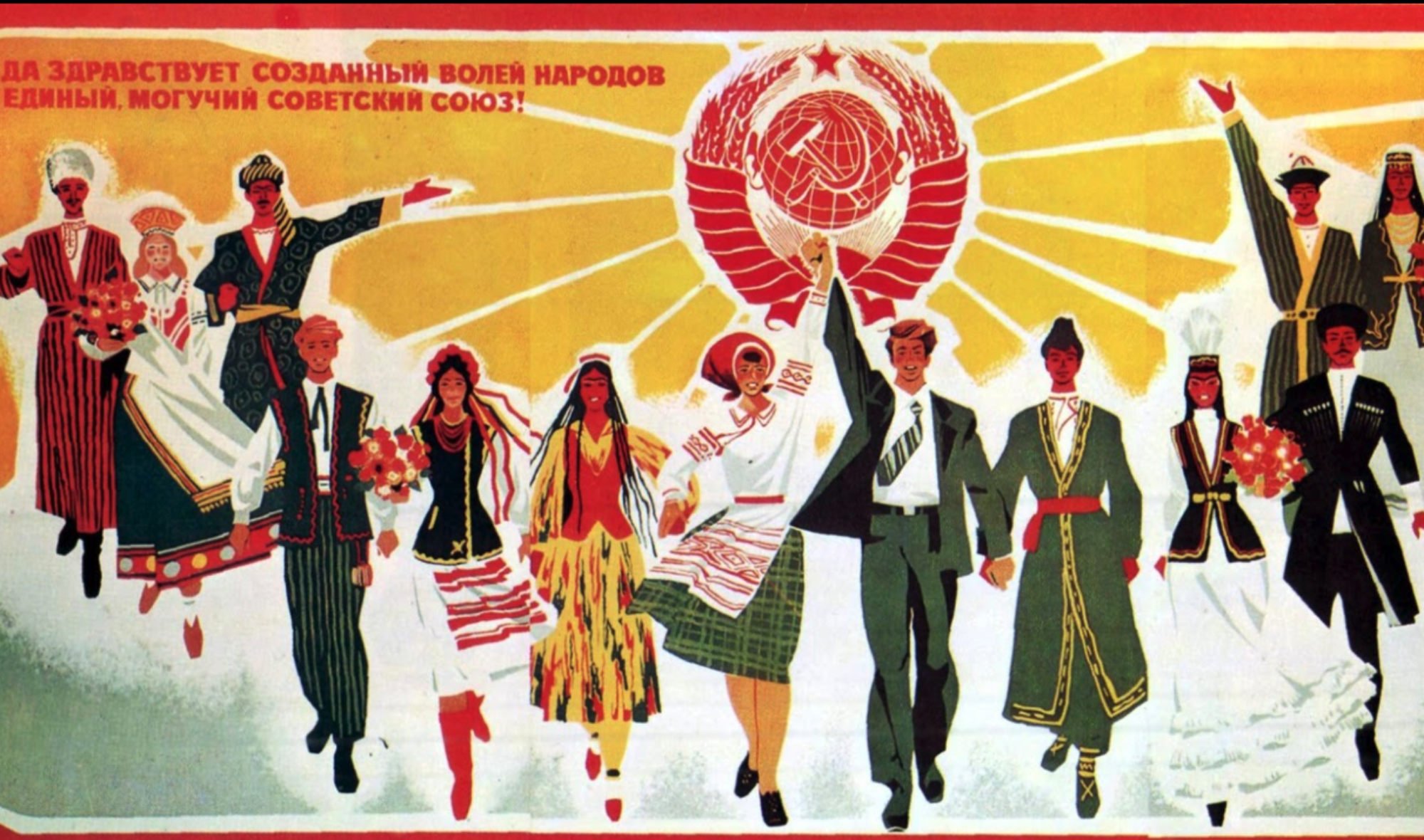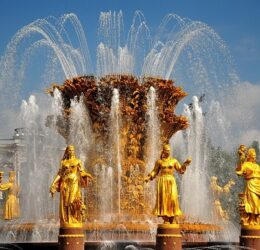In Terry Martins’, An Affirmative Action Empire: The Soviet Union as the Highest Form of Imperialism, he discusses the struggles between leaders Lenin, Stalin, Piatakov, and Bukharin on their ideologies on Internationalism and Nationalism. Lenin and Stalin, being described as “nation builders”, were pro-nationalism. Piatakov and Bukharin disagreed and believed Russia needed to have a stronger social identity and were both pro-internationalism. The Soviet Union at the time being a multi-ethnic nation, lacked a national identity.
The slogan, ” The Right to Nations to Self Determination” was a controversial phrase that would cause tension between both sides. On page 68, Martin discusses the opposition of nationalism from both Piatakov and Bukharin. He states:
“Once the proletariat had seized power, Piatakov maintained, national self-determination became irrelevant: “it’s just a diplomatic game, or worse than a game if we take it seriously… Class, rather than nationality, they both argued, was the only politically relevant
social identity in the post revolutionary era.” (Martin 68)
I do not think this is necessarily true. Generally speaking, the only worth a proletariat has to the society he or she lives in is the value of he or she’s labor; which isn’t worth much as compared to other groups in said society. The main goals of the proletariat is to remove the bourgeoisie, erase the division of social classes, and gain power in society. I don’t believe national self-determination becomes irrelevant. I think it becomes necessary because without the will to want to become more, then what’s the point of making the effort to do so? Granted, the bourgeoisie banked on the proletariat being oppressed. However, it’s almost contradictory for Piatakov and Bukharin to support internationalism when Russia did not even have a national identity. This leads me to question if the argument of whether nationalism was based on finding commonalities between both the proletariat and bourgeoisie and putting them on the same playing field? Was nationalism strongly opposed due to it’s categorical nature? Meaning, did the idea of placing two social/economical groups under the same category of nationalism threaten the idea of internationalism?

